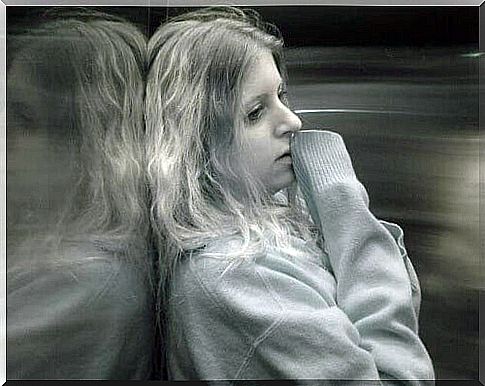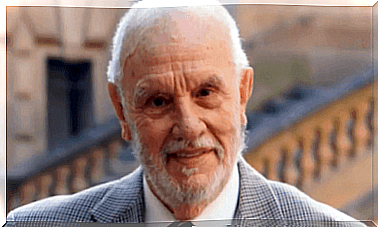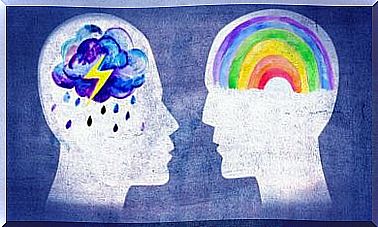Say Goodbye To Victimhood

Saying goodbye to victimhood once and for all is the key to leading a passionate and happy life.
No one likes to be a victim, but it is true that placing ourselves in this position in a fictitious way offers certain advantages that are sometimes difficult for us to give up.
For example, it seems like it’s a position that allows us to claim care and attention, at a time when we couldn’t claim it in a different way.
Life is very often difficult, both for ourselves and for the rest of the world.
We all have to face adversities at some point. Some are harder, others more bearable, but obstacles are also part of the gift of life.
That is, we cannot choose what is going to happen to us in life. We can at best make more or less fair decisions, but there is no guarantee that we will be free from pain.
We will always be able to choose which way we prefer to deal with problems.
Being anchored in victimhood
We all know someone who is constantly complaining about everything, who all the time plays the part of the person who is being wronged or wronged, who always blames the world or others, but who does not. not much to get out of this black well in which he is immersed.
Do you visualize that kind of person?

They are people rooted in victimhood, that is, in the tendency to think that they are unhappy, that they are continually showing bad luck, that others are mean to them and that they want to do it to them. of evil, when the reality is quite different.
They may actually believe this, due to perceptual distortion, or it may just be a simulation exercise.
The people around him try to help him in vain, which only further reinforces his pessimistic attitude.
And in the end, everyone suffers, even if the one who suffers the most is the one who victimizes himself, because deep down, he rarely feels better about himself.
He often has low self-esteem and thinks that just placing himself in the role of the victim will generate affection and care in others.
How to recognize a victimist?
She wants others to recognize her pain
When her circle tries to help her, she feels attacked because she is only trying to consolidate her condition, that is to say to have words or slurs like “my poor man”, “ life is not kind to you ”or“ you are really unlucky ”.
If someone tries to encourage this person to take matters into their own hands, they take offense and think that we don’t want to understand them or put ourselves in their shoes.
She tries to blame others and life
We pointed out a little above that even if it is certain that life has bad times, it is nonetheless true that some people get depressed easily and others, who have much harder blows to bear, remain standing and continue to live normally.

There is no point in making the world or others responsible. This attitude does not solve the problem and roots us in the role of destitute victims.
Victimists do not seek solutions to fix their problems, but instead protest against their unjust life and their misfortune, until they exhaust themselves and others.
She manipulates others emotionally
This is a strategy that these people often resort to, because by causing feelings of sadness in others, it is easier to gain certain privileges.
A few sentences may come to mind, like: “I raised you since you were born, and now you are going to live with your girlfriend and you leave me alone”, “If you get good grades, mom will heal” .
In this way, the other person feels responsible for the emotional state of the other and will do everything possible to satisfy them, even if they have to go beyond their own rights and needs.
What to do with these people?
You just have to not get into their game.
If we get involved in the blackmail and complaints of people who victimize themselves, we comfort them in their attitude and we do not help them. On the contrary, we are hurting them.
The problem is that it is very difficult to do otherwise because our culture has taught us since we were little that we must have compassion for those who are suffering and help our neighbor, even if our own interests are then relayed on a second plan.

Anyone would come to her bedside and protect her, but that is certainly not the solution, because we comfort her in the idea that she is not able to cope and that the solution is to complain and do nothing.
It is difficult, but if we know how to correctly identify a victimhood attitude, we must try not to give in to it so as not to reinforce its attitude.
We will tell her that we are here to seek a solution to the problem, not the one she is telling us about, but the one we are seeing.
If we act differently, the “victimist” will not begin to realize that their strategies are no longer having any effect and that they should think about changing.







